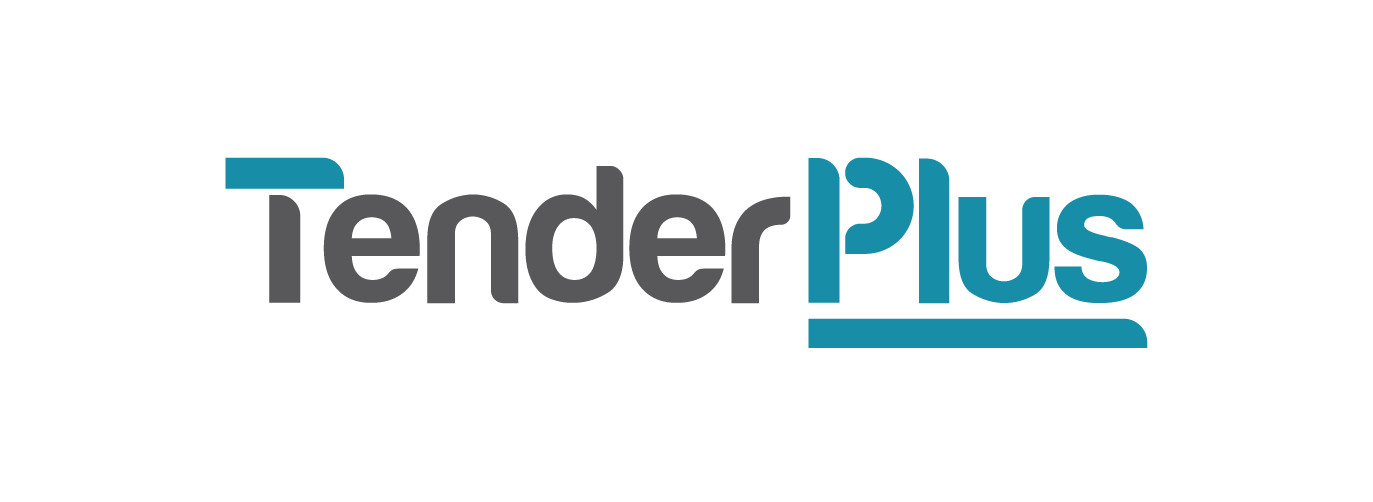10 reasons to use a tender writing service
Tender Plus team
A strong tender response requires attention to detail, strategic thinking, and a clear value proposition. Our experienced specialists can be engaged to work with your bid team to deliver just that.
1. Complete a comprehensive assessment of document requirements
A tender writer will thoroughly assess the tender documents and identify what needs to be submitted, including:
Specified file formats, word counts, and page limits
Response schedule requirements, and
Attachments such as plans, certificates and policy documents.
This supports early engagement with all required stakeholders across the organisation and prevents last-minute surprises.
2. Create and apply a document style guide
The purpose of a style guide is to provide standards for writing, editing and formatting of documents. A tender writer will create and apply the style guide to ensure consistent:
Format and layout
Terms, acronyms and abbreviations, and
Grammar, punctuation, and tense.
Consistency and quality in communication makes it simpler and faster to evaluate content, and demonstrates a level of care and consideration for your audience.
3. Generate document blueprint with drafting guidance
A document blueprint provides a framework for the response structure. A tender writer can develop a blueprint that includes:
Headings and subheadings that correspond to the questions, breaking them down if a question contains multiple parts
Guidance on how best to present information to respond to questions, for example, a table, matrix, infographic or narrative, and
Placeholders for additional documents or attachments that will be required to provide a complete response.
A blueprint provides contributors and subject matter experts with a starting point for drafting a response that fully aligns to the criteria.
4. Maintain a clear and consistent tone
A clear and consistent tone that is free from overly complex language makes your response easier to read and understand. A tender writer can suggest edits to achieve this, including:
Changes to sentence structure to support clear and concise meaning
Word choice to support softer, neutral language or more concise expression, and
Consistent use of terminology, especially client and contract specific terms.
Making content as accessible as possible will keep your evaluator engaged and support easy assessment.
5. Keep content development on track
Keeping content development on track during the tender process can be a major challenge. A tender writer will work closely with contributors and subject matter experts to achieve review milestones by:
Sourcing existing content collateral to kick start the drafting process
Facilitating workshops and meetings to progress content that requires additional collaboration, and
Working closely with a graphic designer to develop graphic assets.
Keeping content development on track enables reviewers to provide comprehensive and insightful feedback at each milestone, to support the creation of a complete and comprehensive response.
6. Tailor resumes to the scope and deliverables
Resumes are often given much less attention than they deserve, especially when professional expertise and experience are a significant part of the offer. A tender writer can tailor a resume to align with specific scope and deliverables by mapping out a narrative that highlights the:
Relevance of the person’s qualifications and expertise to the client’s requirements
Value the person’s previous experience will bring to delivering outcomes, and
Personal characteristics and attributes that will benefit the delivery team.
Tailored resumes demonstrate that careful selection has been applied to put the best people forward, and enable evaluators to positively assess proposed personnel.
7. Develop case studies that evidence relevant prior performance
Case studies are often the most persuasive proof you can include in a tender submission. A tender writer can develop strong case studies that demonstrate:
How the scope is comparable
Key challenges and how you overcame them, and
Contract successes and improvements.
Providing detailed and honest case studies adds authenticity to your response and helps to build the trust of the evaluator.
8. Focus on benefits aligned to client’s needs
It is important to identify the benefits of your offer and how they solve the client’s specific needs, rather than just listing features. A tender writer can support the development of powerful benefit statements by:
Assisting contributors to identify the benefit associated with the feature
Articulating how each benefit meets the client’s needs, and
Using specific, concise language to describe the benefit.
This approach supports the creation of a compelling narrative that is free from off-putting marketing and sales jargon.
9. Produce complete and compliant response documents
A tender submission that is not complete or compliant can be disqualified. A tender writer is skilled at identifying content gaps and non-compliance, ensuring:
All the required documents have been completed
All the criteria have been fully addressed, and
Compliance with requirements such as page size, portrait orientation, nominated font size and maximum page count.
A complete and compliant response demonstrates procedural diligence and commitment to meeting the client’s needs.
10. Final review and proofread
Accuracy and presentation matter. A tender writer will develop and apply a close-out checklist to guide a comprehensive document quality review. Among other things, this process will detect and eliminate:
Spelling errors and other typos
Poor formatting and page breaks, and
Incorrect cross references and attachments.
An accurate and well-presented document reflects positively on your organisation and means the evaluator won’t be distracted by basic errors.
A tender writer will apply their expertise to support the creation of a professional, compelling and competitive response. Want to find out more about tendering and how we do it? Learn about the tender services we offer in Sydney, Brisbane and Perth here.
